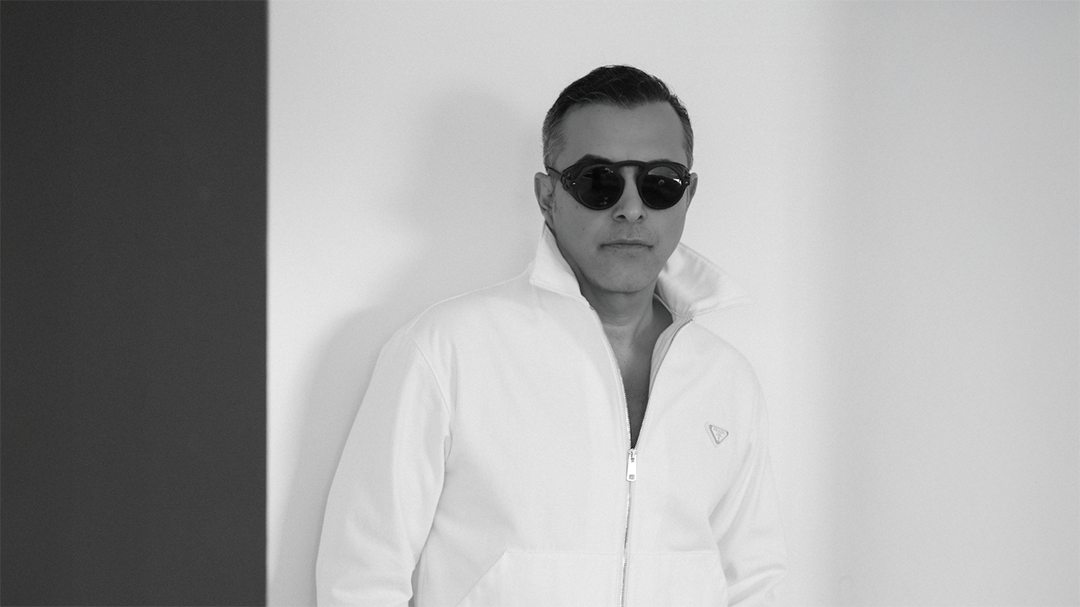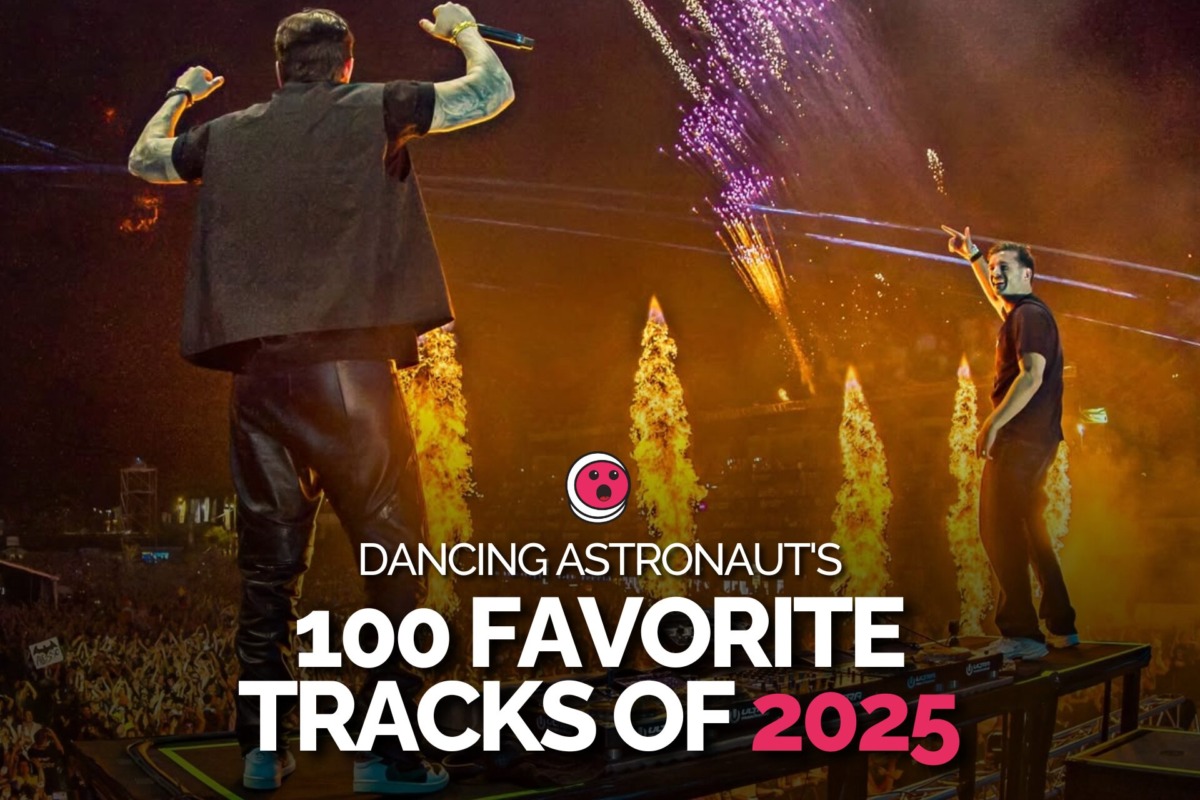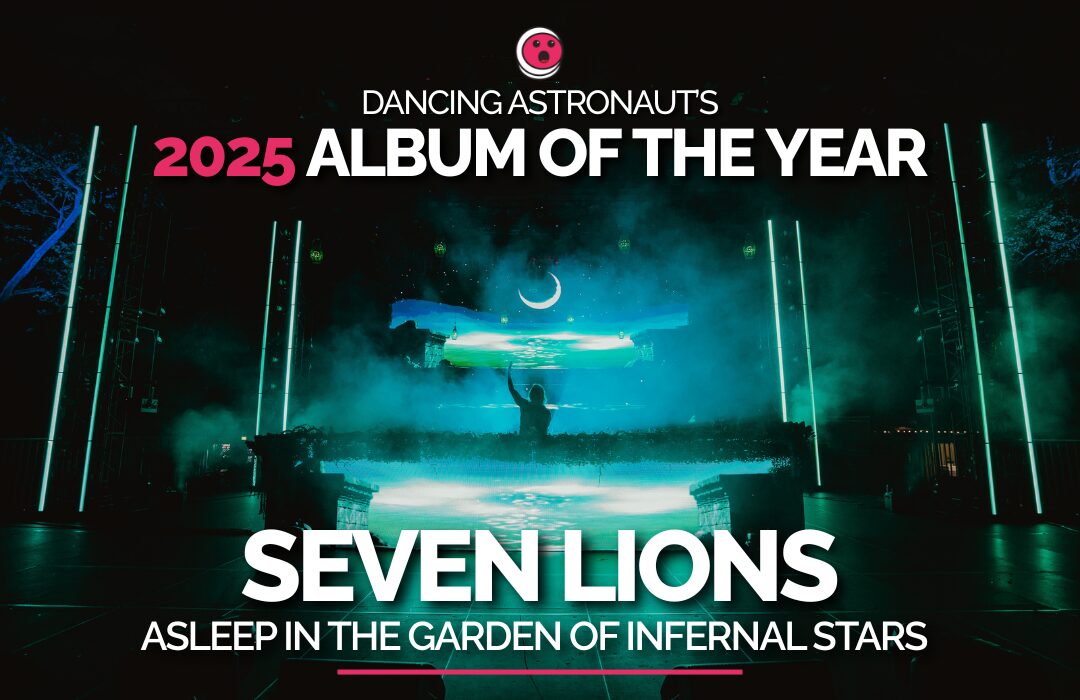Dune. The Wheel of Time. The Witcher. Even more screen adaptations such as Shadow and Bone and, of course, Game of Thrones, are proving that now is the time for beloved sci-fi and fantasy series to make the jump from page to screen. Some book series, however, have yet to make that leap.
One such series is Terry Pratchett's Discworld, composed of over 40 books with over 100 million copies sold. Pratchett was knighted for his contribution to literature, but he might be better known to some as the co-author of Good Omens along with Neil Gaiman, which was adapted into a miniseries in 2019. Sir Terry passed away in 2015 and though attempts have been made to adapt his works, nothing has been the explosive hit that Discworld holds the potential for. Here's why it would make a brilliant anime.
With several different branches of character journeys including witches, watchmen and wizards as well as various standalone novels, Discworld is the perfect playground to explore -- yet nothing considered high calibre has ever been produced, with companies either lacking funding or knowledge of how to truly recreate Pratchett's work. Thankfully, it was recently announced that Pratchett's books are to be adapted faithfully by his own production company -- now headed by his daughter -- and a children's movie, The Amazing Maurice and His Educated Rodents, is on the way.
However, a Western production company might just cause the same issues as before. Not for lack of passion, but because a better alternative is available -- one that has handled stories like Discworld before. With knowledge of creating more mature stories and the skills to animate them, an anime studio might be just what Discworld needs.
There are many signs that point to 2-D or mixture of 2-D and CGI shows becoming the perfect home for epic sci-fi and fantasy series. First is the success of shows such as Castlevania, which features lengthy action sequences and horrific fantastical elements while maintaining a mature style to the animation that marks it as adult entertainment. The use of animation as opposed to an attempted live-action allows the animators more leeway when it comes to motion, expression and general appearance of characters and environments. Instead of using CGI to alter an actor, the character would simply be animated true to the books.
Beyond general design, another aspect of Pratchett's work that studios have struggled with is the balance of humor, action and genuine reflection on questions posed in his works. Disregarded by many fans, a 2021 live-action adaptation of The Watch took all the series' gritty parts and attempted to make a show, but it fell flat without the balance of humor. Western animation studios seem either bound up in similarly gritty projects or sitcom television, making them a poor fit for an adaptation that asks for nuance and a full spectrum of emotion when presenting a story.
However, several anime have hit the mark here -- notably Gintama and One-Punch Man, both of which are comedic and violent yet have the ability to pull back from that for genuinely meaningful scenes. One-Punch Man's oscillation between a true 'superhero' show and one man's battle with depression is incredibly similar to a battle between a fun fantasy world and the serious personal and worldly issues Pratchett presented, such as the battle against sexism and classicism.
One particularly worthwhile comparison is Mumen Rider from One-Punch Man, who acts as standard comic relief until he tries to stand up against the Sea King in Season 1, after which his story becomes much more serious and forces the question of a superhero's purpose altogether. However, the story turns on a dime and becomes lighthearted once more with Mumen Rider escaping dire circumstances with relatively minor injuries.
Other moments in One-Punch Man and similar anime have shown the ability to dip in and out of dark places during a story arc instead of simply going darker and darker. This suggests the anime industry might have a different idea of what it means to present a more mature story without getting lost in it, making it potentially ideal for Pratchett's Discworld.
The fact that anime has been creating these more mature stories -- while Western studios have used animation to make shows more directed at children -- plays a huge role, as does the ability to incorporate absurdist humor like that featured in Discworld. Series like Odd Taxi and The Vampire Dies in No Time could contain scenes straight out of the books, further demonstrating how anime studios have a better understanding of creating series directed at adults through the use of both humor and darker themes.
While the draw to use live-action CGI might be strong, the better adaptation of fantasy may still be anime, which has produced stellar works of fantasy in the past few years. With a steady wit, strong animation and the ability to go into dark places and come back out again, anime seems a perfectly valid contender to give the Discworld series a worthy home on screen.
About The Author

